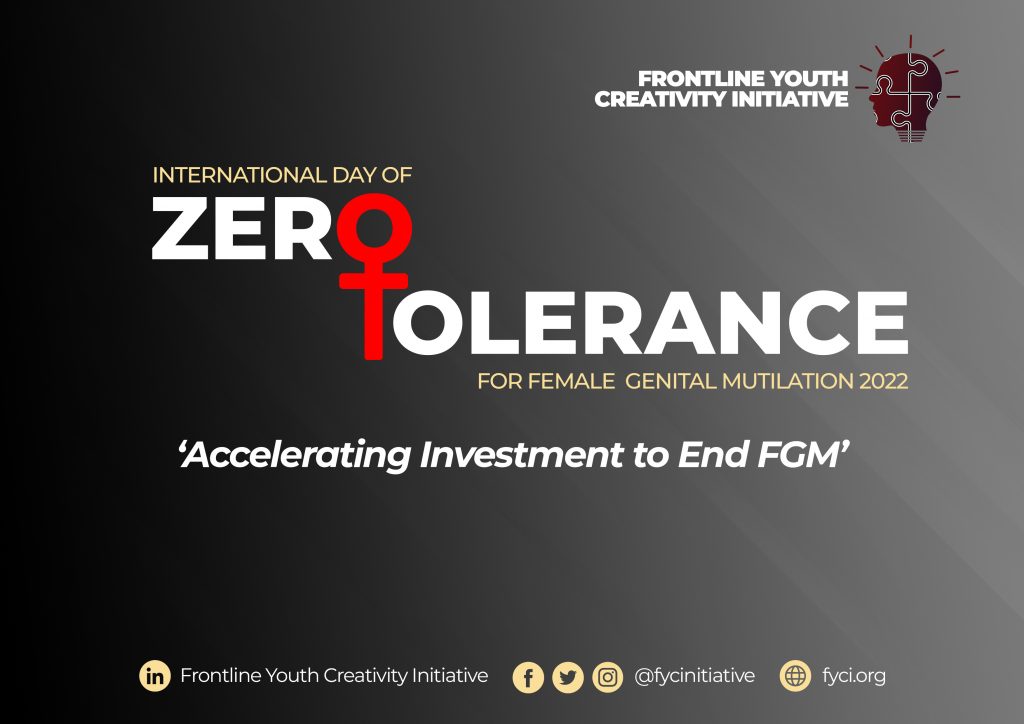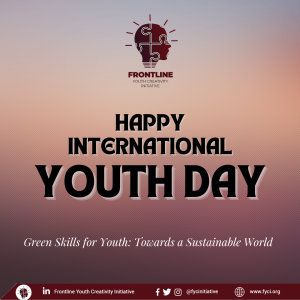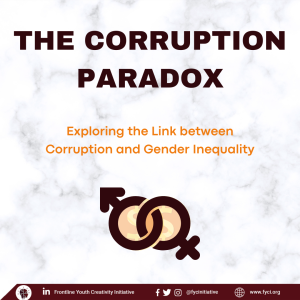Around the world, the International Day of Zero Tolerance for Female Genital Mutilation (FGM) is observed annually on 6 February. According to the World Health Organization, FGM involves “the partial or total removal of external female genitalia or other injury to the female genital organs for non-medical reasons”. It is an extreme violation of the rights of women and girls, and it is estimated that as many as 200 million women and girls have been subjected to this practice.
In Nigeria alone, estimates suggest that more than 20 million women and girls have undergone FGM. This represents about 10% of the total. The reasons for praticising FGM vary from place to place, but they usually revolve around myths such as helping girls transition into women, helping girls to remain virgins until marriage, and helping pregnant women deliver safely.
In recognition of the prevalence of FGM in Nigeria, the Federal Government passed the Violence Against Persons (Prohibition) Act, also known as the VAPP Act, in 2015. At the time of writing, the VAPP Act has been adopted by over thirty states in Nigeria.
Section 6(1) of the Act states:
The circumcision or genital mutilation of the girl child or woman is hereby prohibited.
The Act also provides the following penalties:
- A maximum of four years’ imprisonment or a maximum fine of
N200,000 or both, for any person who commits FGM - A maximum of two years’ imprisonment or a maximum fine of
N100,000 or both, for any person who attempts to commits FGM - A maximum of two years’ imprisonment or a maximum fine of
N100,000 or both, for any person who incites, aids, abets, or counsels another person to commit FGM
However, implementation has been lax, as there is no known case of a person being prosecuted for FGM under the VAPP Act.
The theme of this year’s International Day of Zero Tolerance for FGM is “Accelerating Investment to End FGM”. In line with this theme, FYCI is calling on all stakeholders to take collective action to fight FGM. In particular, we are keen on measures that seek to promote adoption and implementation of the VAPP Act on one hand, and measures that seek to change behaviours and attitudes surrounding FGM on the other. Civil society organisations have a large role to play by employing advocacy mechanisms and launching awareness-raising campaigns.
For our part at FYCI, we are empowering youth to be positive change agents. Last month, we inaugurated Anti-SGBV Ambassadors – a team of young creatives who have committed to using the creative arts to fight against sexual and gender-based violence, including FGM. The short film below, titled “Ile Idabe”, was produced by one of our Ambassadors, Oluwafunke Ajoba. “Ile Idabe” highlights and challenges the practice of FGM in Nigeria.
We are confident that our efforts, combined with those of other stakeholders, will contribute to ending FGM in Nigeria in the near future.
To find out more about what our Anti-SGBV Ambassadors are doing, follow us on social media: @fycinitiative.






